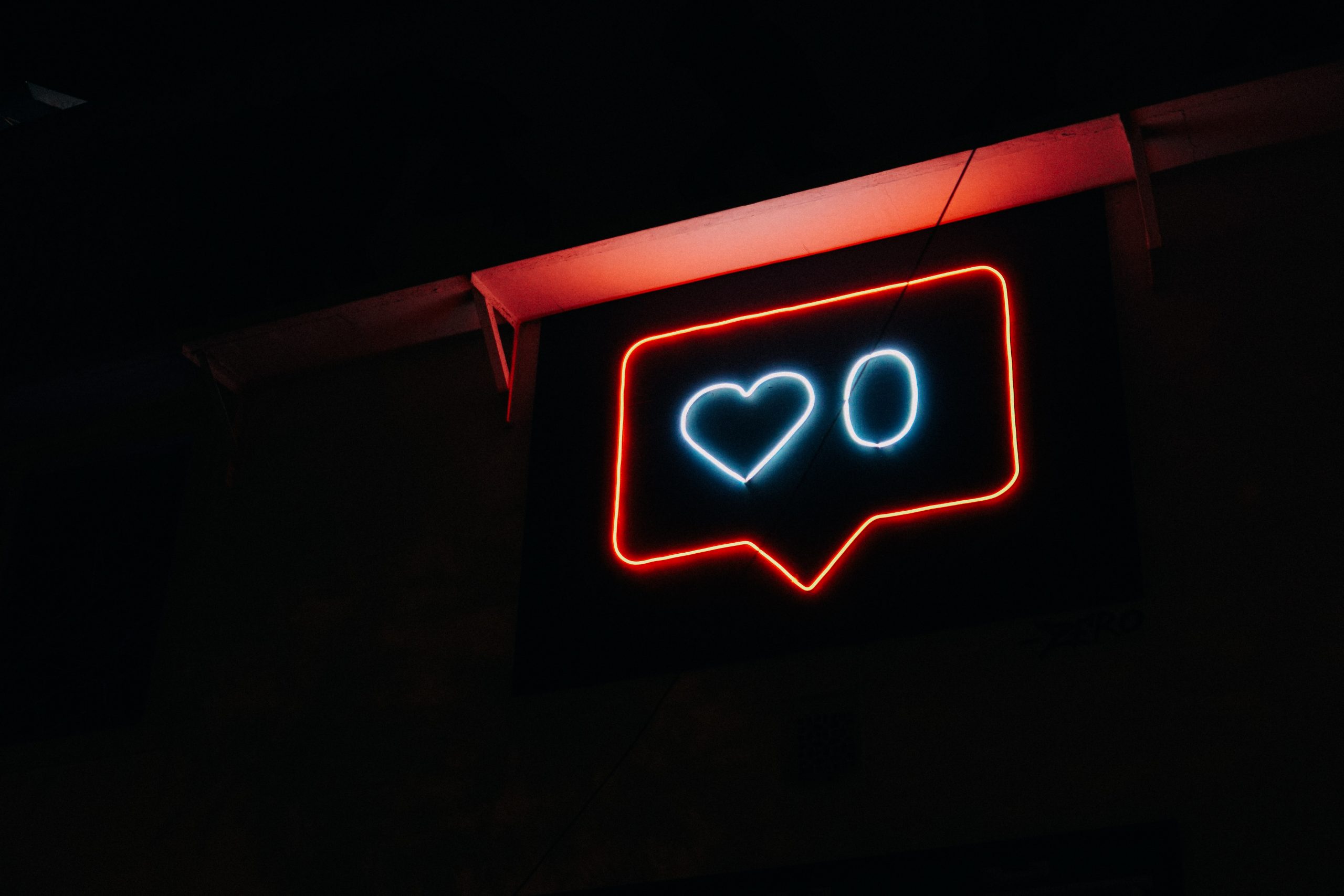Social media is so fun to play around with. You learn, you laugh, you inspire, and you share… all on social media, but do you know that they also affect you somehow?
Let’s imagine you are having such a terrible day (this is life, right? – we cannot expect every day to go well). You are coming home frustrated, downhearted & hopeless. Your mind is really a mess now. But you just wish you could get out of this state immediately & feel better again.
To do that, you start opening your favorite social media channels, surfing the feed, watching funny videos, and you see some posts saying that “Be happy“, “Chin up 24/7“, “Look on the bright side“, “It will be ok”. [Does this quotes sound familiar?]. Then gradually, you feel it’s so wrong to be in this state and start forcing yourself to be happy even though you’re actually not.

When doing this, you aren’t aware that you are just pushing your real feelings to the side & faking that you’re getting better. Eventually, the situation is not even getting solved because you always try to hide it. In the long run, this will impact toxically on your mental health.
This is what we often call toxic positivity.
So, how to define toxic positivity?
“Toxic positivity is the assumption, either by one’s self or others, that despite a person’s emotional pain or
– according to Dr. Jaime Zuckerman – a clinical psychologist
difficult situation, they should only have a positive mindset.”
This is a form of psychology that can be seen recently in most people. They always expect to eliminate and minimize their negative feelings to maintain a positive mind at all times and across all situations. This might be because we generally view negative experiences and emotions as undesirable and harmful to our lives. Therefore, we always tend to cover up these distress, hardship, and resentment by pretending we are happy and optimistic.
However, the rejection and dismission of our true feelings are unrealistic and impossible as we – human beings – cannot avoid flaws and weaknesses. Acts like these only increase the sense of pressure, anxiety and real mental toxicity, but not any peace-of-mind feeling.
“Toxic positivity is just an avoidance strategy that helps people to get rid of any discomfort temporarily instead of facing it. Prolonging this can cause more harm and psychological difficulties to mental health.”
– Dr. Zuckerman explains
Toxic positivity on social media
Toxic positivity seems to be popular on social media platforms. These are the places that people usually show off their moments of happiness, their recent achievements, their new beautiful houses, or how excellent their workplaces are.
We all see a lot of those posts on Instagram, Facebook, LinkedIn, and Twitter every day. Every best-of-the-best moment in their lives, just excluding their dark side. Typically, people just want to show their best sides, but not many of them are willing to share their frustrated and desperate moments online. But, who wants to share something like that, right?
When people share wonderful pictures of their ideal lives with their friends and loved ones, we start comparing ourselves to them. “They look so optimistic and delighted, how can I allow myself to be in these negative emotions?” and try to shake off these bad feelings.
Further, when we are already in a negative state, social media is flooding us with those quotes, captions or hashtags that say “good vibes only”, “stay positive”, “it’s not that bad”, etc. Sometimes things like this just make the situation become worse. It is because we are stuffing our real emotions and trying to get positive feelings.
Why is it bad?
Being over-controlled by toxic positivity can increase anxiety and depression. It only makes us feel more and more vulnerable during difficult times. Instead of expressing our true feelings and receiving real help, we just perceive that our emotions are being rejected and not being understood.
From there, causing extreme feelings and thoughts. In the long run, it erodes our ability to endure emotions that can make us more resilient in life and see ourselves more clearly.
How to stop spreading and deal with toxic positivity?
1. How to Deal
- Admit and accept your genuine feelings, whether they are positive or negative, happiness or sadness. All these emotions are normal at every stage of our lives and definitely not a bad thing. Research has shown that writing down all your thoughts can help relieve hard feelings and better understand yourself.
- Try to voice out your struggles and share with your friends. The ability to communicate and connect can help you recover and feel better.
- It’s totally okay to give yourself a rest if you are overwhelmed and stressed.
- Do things that you love until you feel better. You should not stick to new tasks with unrealistic expectations. Instead, try doing something you are familiar with.
- Recognize the source of toxic positivity and try to differentiate which content or influencers that seem to have positive-but-toxic messages. It’s recommended to unfollow those social media accounts or take a break from them.
2. How to Stop Spreading toxic positivity
In order to stop spreading positivity in a toxic way, we should first be able to tell the difference between the two terms “toxic positivity” and “genuine optimism”.
Source: crazyheadcomics
There is a fairly thin line between these two concepts. So, it is truly important for us to be aware of the differences and choose our words carefully when talking to someone in their difficult times.
Instead of forcing people to be quickly positive or dismiss their negative emotions, we should listen, accept the feelings they are going through, and offer help. Here are some non-toxic and accepting words you should use:
"Tell me how you are feeling, I'm listening.” “You seem to be stressed, what can I do to help?” “Whether you are going through a good or bad time, I am here for you” “That's terrible. It must be hard to deal with.”
In a word, spreading a positive outlook or saying positive words are not the wrong things that we must stop doing. Nor are social media platforms. Often, toxic positivity is spread by things you read, accounts you follow, or even people you interact with. If you find yourself being affected by toxic messages, it may be wise to set some boundaries with them. Remember to accept your true feelings as they are all contributing valuable moments to your life!
References
Healthline, University of California, The Psychology Group, Crazyheadcomics


